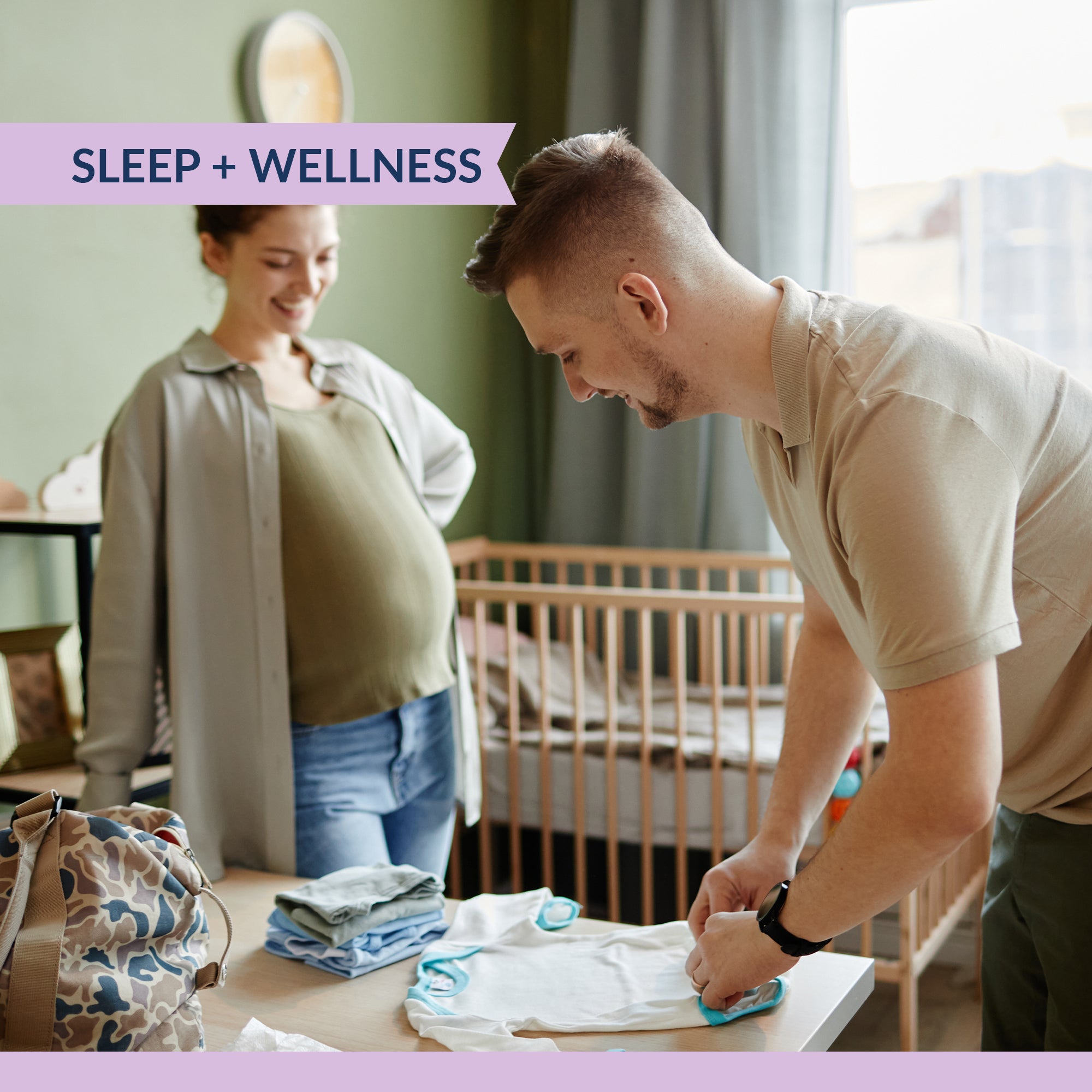Shopping Cart
As you enter the final stretch of your pregnancy journey, taking care of your physical, emotional, and mental well-being becomes increasingly important. The third trimester brings a unique set of challenges and changes, but it's also a time to prioritize...
Preparing for the arrival of your baby is an exciting and momentous time in your life. As your due date approaches, one of the most important tasks on your checklist is packing your hospital bag. Having everything you need for...
As your due date approaches, the bond between you and your baby continues to deepen, even before you meet face-to-face. The third trimester offers a precious opportunity to strengthen this connection through various techniques such as visualization, music, and gentle...
There's nothing more exciting as a new parent than watching your baby discover the world and their own skills through fresh eyes. But while reaching a new developmental leap during each of your baby's 'Wonder Weeks' is an exciting moment...
Any new parent can tell you that babies aren't the most consistent when it comes to sleep - while some weeks can bring long sleep periods and falling sleep without issues, you might find that during others any hope of...
Swaddling with arms out offers babies the comfort of self-soothing, allowing them to naturally touch their faces and embrace their freedom of movement. This method not only supports their developmental needs but also helps in transitioning to less restrictive sleepwear. ...
Even if you know how to swaddle a baby, the traditional swaddle often presents a challenge for parents with its complex folds and the constant worry of coming undone. Wouldn’t it be nice if there were simpler, faster swaddling techniques...
As your little one grows into the bustling toddler stage, your family will experience a lot of change. One thing that remains consistent, though, is the need for a safe, comfortable night's sleep. Finding the best sleep sack for toddlers...
Finding the best summer sleep sack for your little one amidst rising temperatures can be a daunting task. You want to ensure their safety and comfort, avoiding any risk of overheating. This becomes especially challenging as you sift through the...










